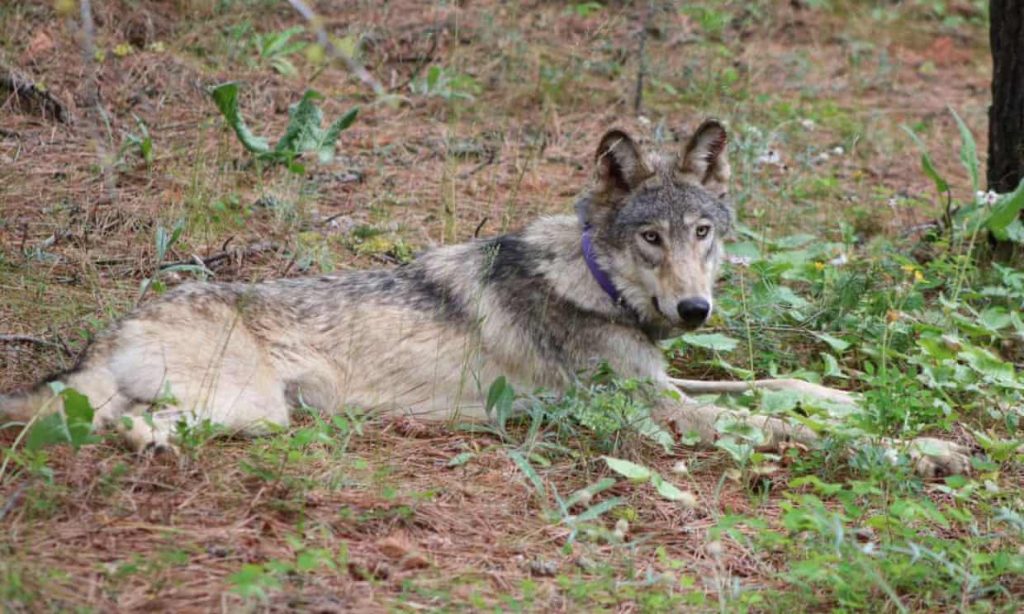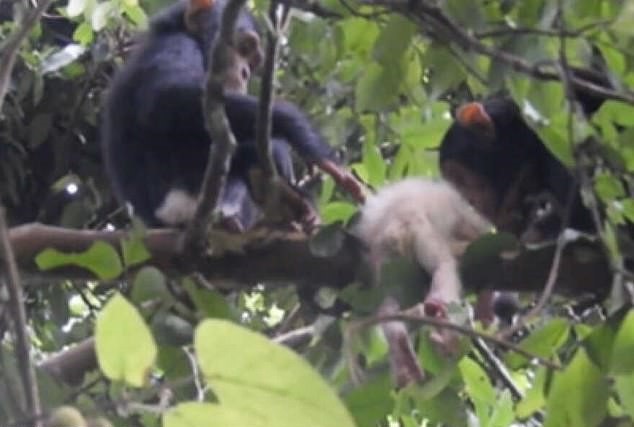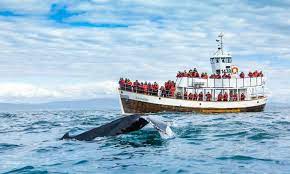With the improving covid situation worldwide finally we can return to visiting wild areas of the planet. Not only has the tourist industry missed this basil so it has had a terrible impact on conservation efforts in many parts of the world.
This is because in many cases there is not enough money to protect animals without out.the tourist dollars that they bring in. Since covid start there have been very few tourists arriving in many of these countries.
Yet this situation is changing. Now, many countries in Africa are considered completely safe. There have been less infections across the whole of Africa than have been reported in the UK – now while some of this may be down to poor health care (there are slightly more people who have died from covid in Africa than the UK), clearly your risk in Africa is far lower than your risk in the UK.
My family will be travelling to Kruger in South Africa in August! Obviously I hope for this to create many stories for this site and videos for the sister YouTube channel.
My other aim is to be able to list all of the public rest stops on the website after this trip.
What does this mean?
Currently we only list the private reserves along the borders of the Kruger. These are fantastic ways of seeing wildlife. You will be pampered indeed spoilt, by the wonderful treatment you will receive.
However, even amongst wealthy people, the cost of these lodges can become prohibitive – a one week safari in some of these places can run to $10,000 or more per person.
Of course on this website we wish to cater for people who have large amounts of money, however we are not in this category and we want to cater for everyone.
Self-drive safaris are something that many people greatly enjoy. With a little bit of research you can quickly become competent at finding the animal to yourself (sighting maps in each rest stop help). There is something liberating about entering an area so large, and being able to go where you like as you like, exploring whichever part of the park you prefer.
On self-drive safaris your accommodation is different. Generally you have the choice of setting up your own tent, taking a hut, or in some places a mid option is a a fancy safari tent. These obviously very in price, but even in the most expensive you are likely to be spending less over your whole holiday then you would for one night on a private reserve.
For those who could afford it I would recommend to do a self-drive safari with a couple of days on a private reserve at the beginning or end of your trip.
DO CONSIDER BOOKING TRIPS ABROAD. THESE RESERVES WILL BE LESS CROWDED THAN NORMAL, AND WE CAN STOP RESERVES BEING TURNED INTO HUNTING AREAS IF WE RETURN SOON ENOUGH.
All of the partners on this site have very reasonable policies on cancelation if this is necessary because of Covid.
There is also the advantage at the moment, that most airlines have a simple policy of cancellation if advice suggests that travel is not wise.



